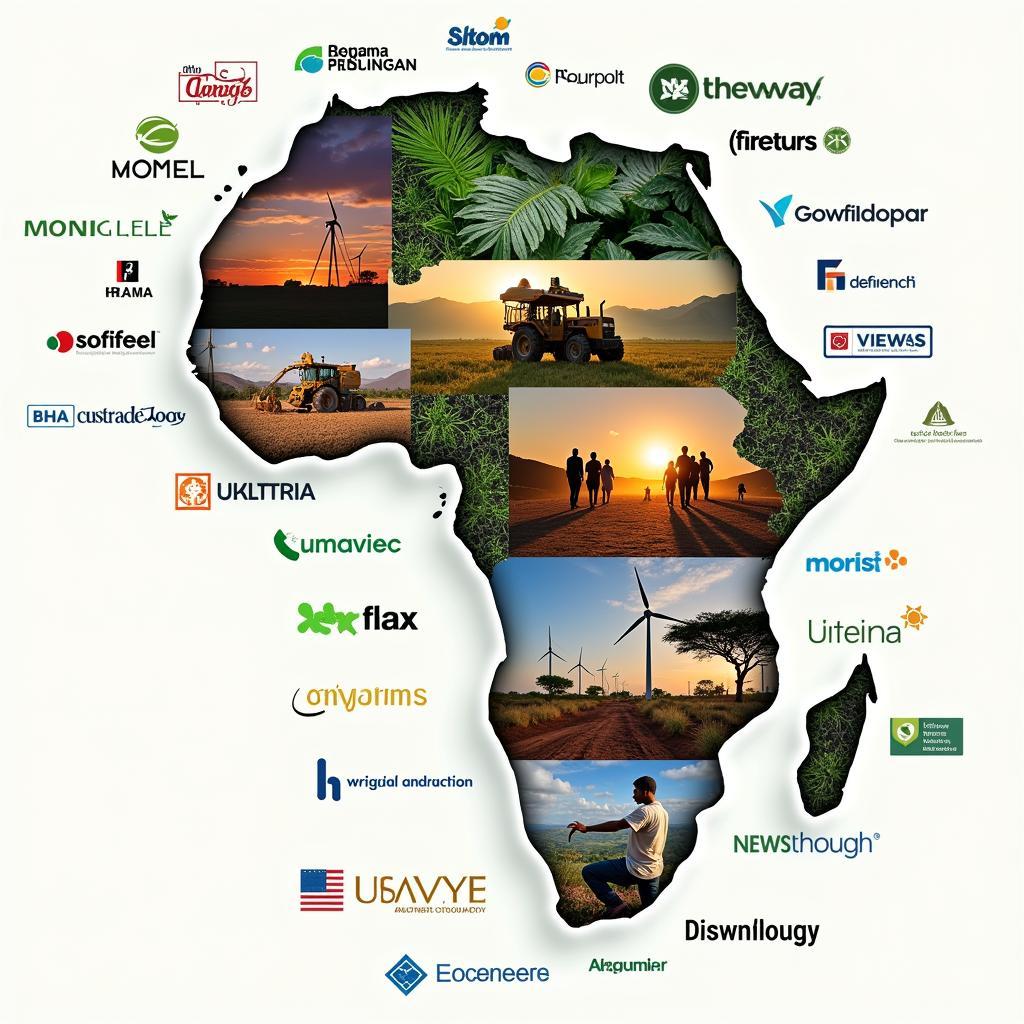African Diamonds for Sale: A Guide to Investment and Ownership
African diamonds are renowned for their exceptional beauty, brilliance, and rarity. They hold a captivating history, deeply intertwined with the continent’s cultural heritage. While their value is undisputed, navigating the intricate world of diamond ownership can be daunting. This comprehensive guide will illuminate the path towards owning a piece of Africa’s dazzling treasure, providing valuable insights into the market, investment opportunities, and ethical considerations.
The Enchanting World of African Diamonds
Africa is home to some of the world’s most prolific diamond mines, producing a staggering amount of the gemstones that adorn jewelry and crown jewels globally. From the iconic Cullinan Diamond, discovered in South Africa, to the renowned diamonds mined in Botswana, Angola, and the Democratic Republic of Congo, the continent boasts an impressive legacy of diamond extraction.
Why Invest in African Diamonds?
Investing in African diamonds can be a rewarding decision, driven by several compelling factors:
- Intrinsic Value: Diamonds hold timeless appeal, their value rooted in rarity, durability, and beauty. They have consistently held their value, often increasing over time, making them a reliable investment.
- Market Volatility: Unlike other assets, diamonds are less susceptible to market fluctuations, offering relative stability in uncertain economic times.
- Emotional Connection: Owning a piece of Africa’s heritage evokes a sense of connection to the continent’s rich history and cultural significance.
- Investment Potential: Diamonds can serve as a hedge against inflation and a means to diversify investment portfolios.
How to Buy African Diamonds: A Step-by-Step Guide
Navigating the diamond market requires meticulous research and a discerning approach. Here’s a comprehensive guide to ensure a smooth and rewarding purchase experience:
- Define Your Budget and Goals: Before embarking on your journey, clearly define your budget and investment goals. Determine the size, quality, and type of diamond you seek.
- Choose a Reputable Dealer: Opt for a reputable dealer with a proven track record, ethical sourcing practices, and transparency in pricing.
- Understand Diamond Certifications: Seek diamonds accompanied by independent certifications from reputable labs like the Gemological Institute of America (GIA) or the International Gemological Institute (IGI). These certifications provide detailed information about the diamond’s characteristics.
- Consider the 4Cs: The renowned “4Cs” – carat, color, clarity, and cut – are crucial in determining a diamond’s value. Understand how these factors impact price and choose diamonds that align with your preferences and budget.
- Inspect the Diamond: Before making a purchase, inspect the diamond thoroughly under magnification. Look for any inclusions or imperfections that might affect its value.
Ethical Sourcing: A Paramount Concern
As a conscious consumer, prioritize ethical sourcing practices. Look for dealers who adhere to the Kimberley Process, an international certification scheme that aims to prevent conflict diamonds from entering the market.
Maintaining Your Investment
Diamonds require proper care to retain their value. Store them safely in a secure environment and have them professionally cleaned and inspected regularly.
Expert Insights
“Investing in African diamonds can be a fulfilling and rewarding endeavor,” shares Dr. Sarah Thompson, a renowned gemologist with over two decades of experience. “However, it’s vital to conduct thorough research and choose a reputable dealer to ensure a transparent and ethical transaction.”
“The beauty of African diamonds lies not only in their brilliance but also in their connection to the continent’s rich history,” adds Mr. Charles Osei, a seasoned diamond trader and advocate for sustainable practices in the industry. “By investing in these gems, you become a custodian of this legacy.”
FAQ
1. Are African diamonds more valuable than diamonds from other countries?
While African diamonds are renowned for their quality and beauty, value depends on the individual diamond’s characteristics, such as size, color, clarity, and cut.
2. How can I verify the authenticity of an African diamond?
Always request a reputable independent certification from a recognized gemological laboratory like GIA or IGI.
3. What is the best way to store and protect my African diamond?
Store your diamond safely in a secure environment, preferably in a jewelry box or vault, and have it professionally cleaned and inspected regularly.
4. Can I resell my African diamond in the future?
Yes, you can resell your diamond, but remember that resale value depends on market fluctuations, the diamond’s characteristics, and the availability of buyers.
5. What are the ethical considerations I should be aware of when buying African diamonds?
Prioritize ethical sourcing and ensure that the diamond you purchase comes from a conflict-free source.
6. Are there any investment risks associated with African diamonds?
As with any investment, there are risks. Market fluctuations, economic downturns, and changes in consumer preferences can affect the value of diamonds.
7. How can I learn more about investing in African diamonds?
Consult with reputable diamond dealers, gemologists, or financial advisors for personalized advice and guidance.
Take Action
Ready to embrace the brilliance of African diamonds? Contact us today to explore the world of diamond investment and discover a piece of African history that will captivate generations to come.



